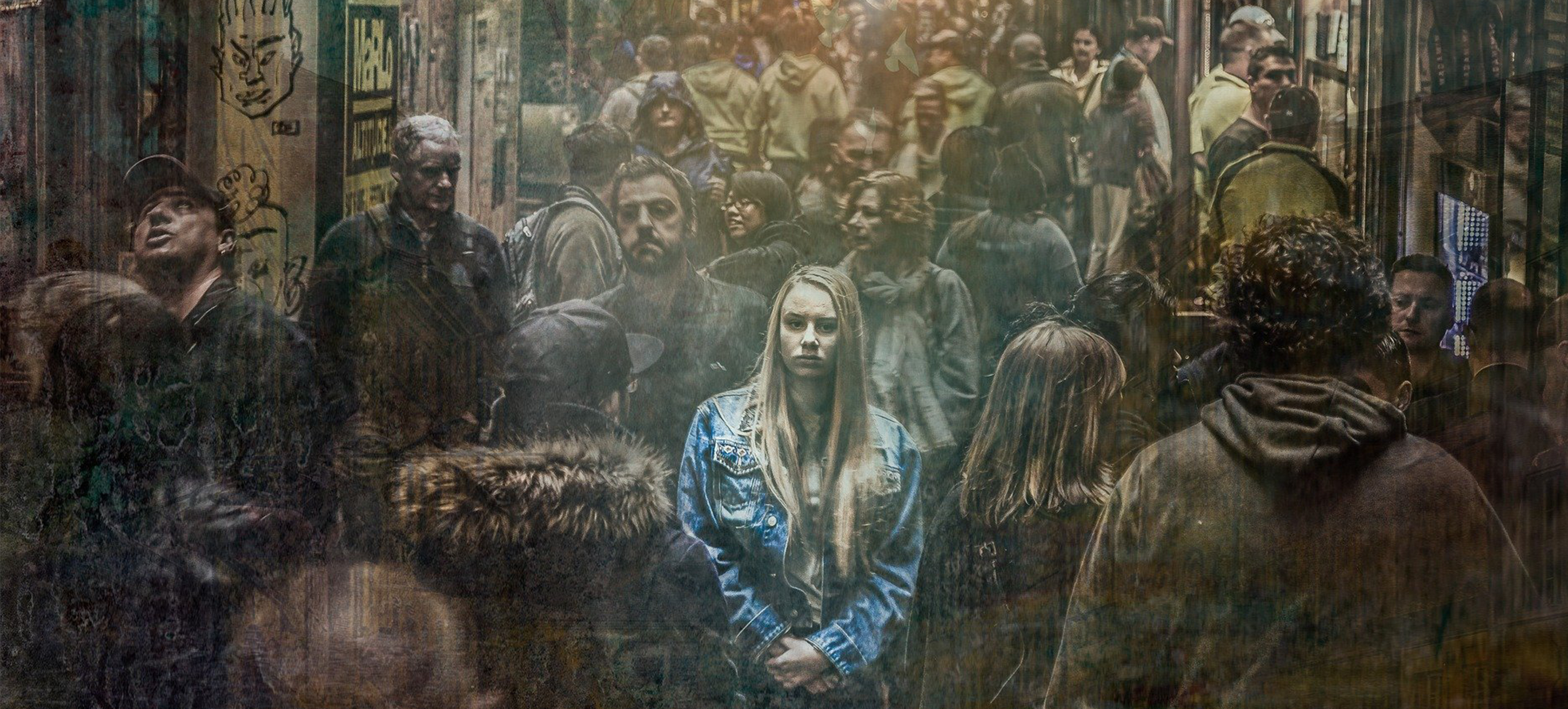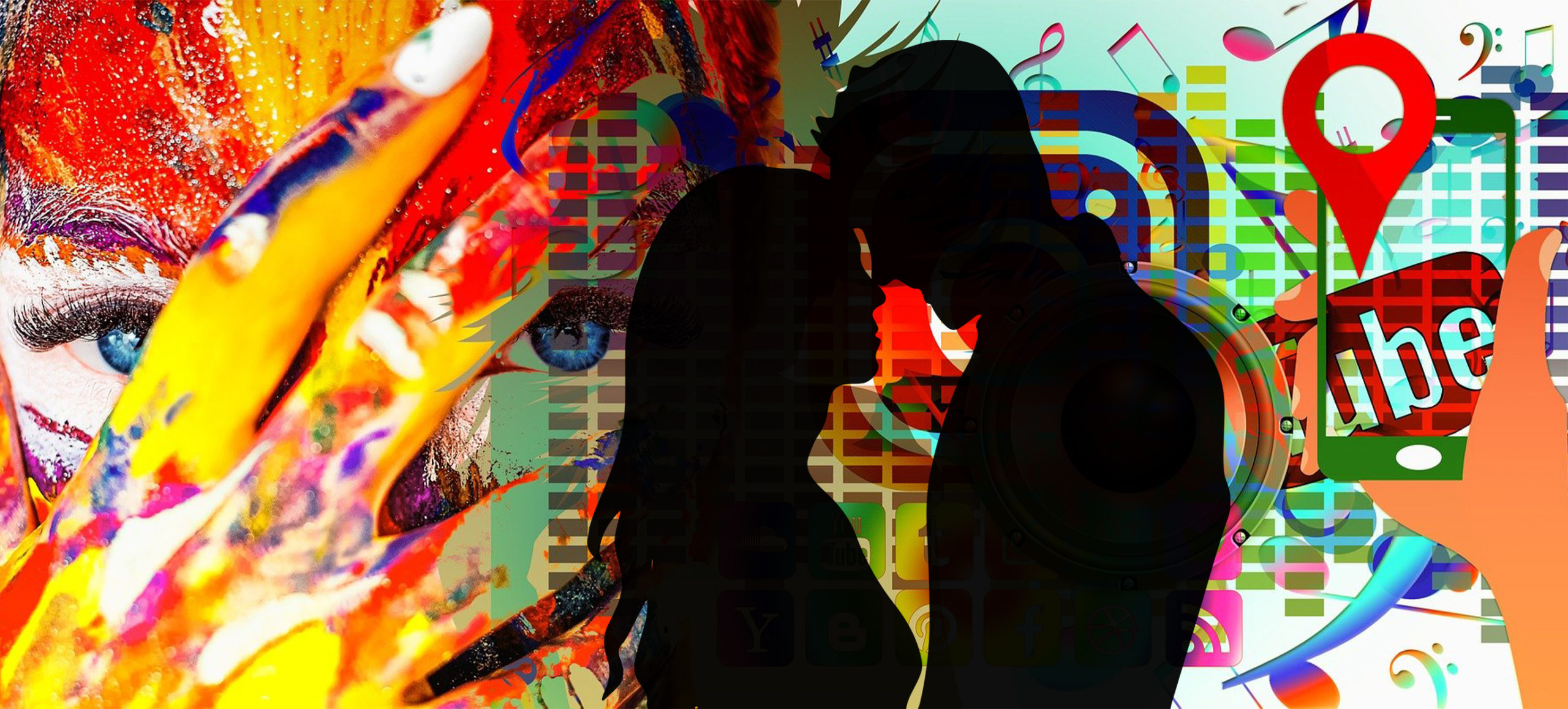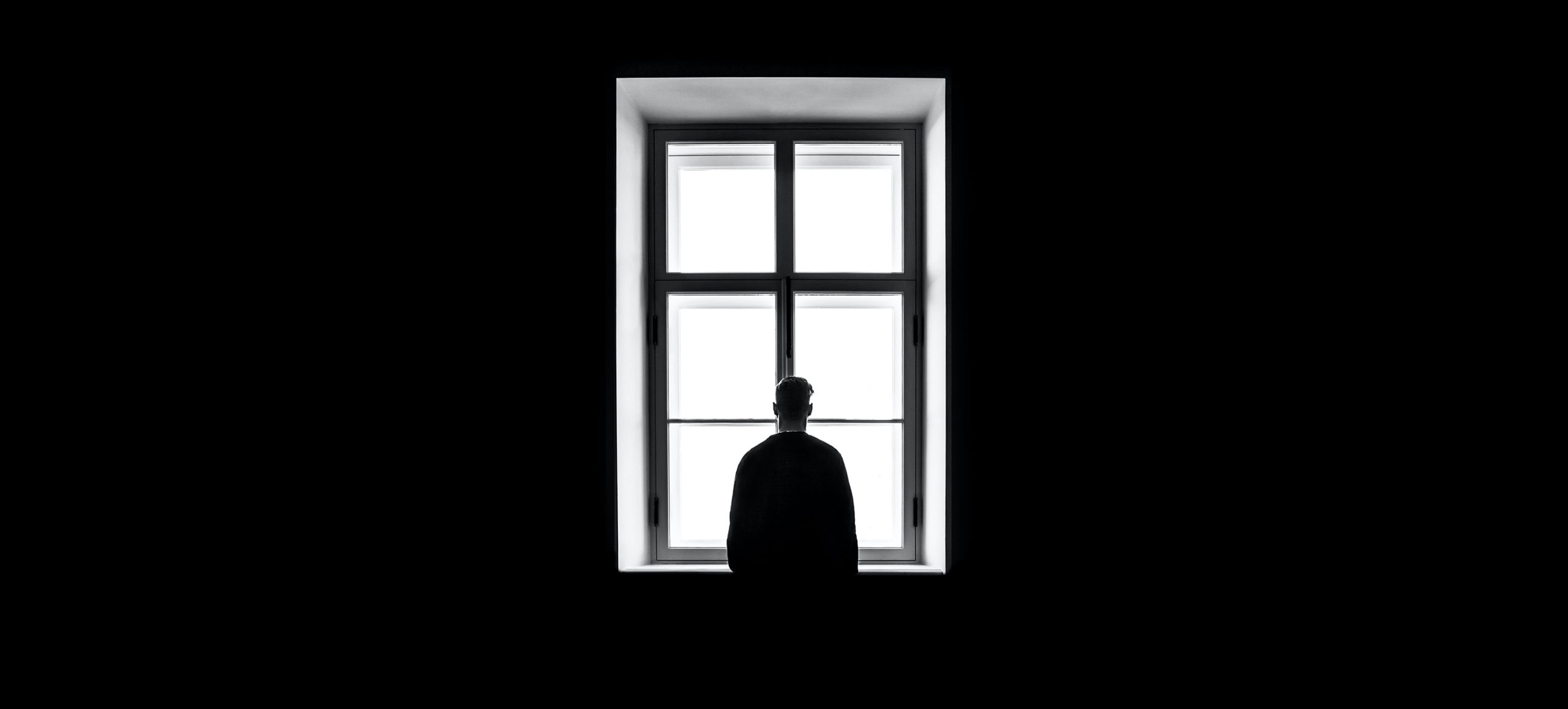
Searching the web, you will find an abundance of articles about imposter syndrome. Various attempts to define what it is exactly, and more importantly, what causes it and how to cope with it.
Like other mental health conditions that vary in degree of seriousness such as depression or anxiety, there is no absolute cure for imposter syndrome. Nothing in modern medicine or psychology will enable you to completely rid yourself of it. Much of it being an internal battle, the ability to cope with it, and ideally, disallowing it from hindering life, is very much up to the individual. There is no one size fits all.
WHAT IS IMPOSTER SYNDROME AND HOW DO I KNOW IF I HAVE IT?
Imposter syndrome can be defined as a deep feeling of inadequacy, of “never being good enough.” Many have described it as constantly feeling like a phony or a fraud. This can apply to various situations and aspects of life. For instance, someone with IS may feel they are unworthy of a promotion at their job, unsuited to receive a higher salary, undeserving of relationships with people that are “better” than them. And this can range from personal life to professional life which it is quite common to affect both.
People suffering from IS are often living in a state of constant anxiety. They truly believe they are not competent as others believe them to be, even when there is encouragement around them and plenty of proof of their competence.
THE OVERBEARING FEAR OF BEING EXPOSED AS A FRAUD IS ALWAYS LOOMING.
A common trait of someone with imposter syndrome is to overwork, obsessively, to try and compensate for their internal inadequacy. They are typically “workaholics” who are never completely finished or happy with their work. They tend to fixate on flaws, disguise it as perfectionism, and won’t allow themselves to ask for help out of fear of appearing weak or incompetent. There is a constant need to compare themselves, or their work, to others, which is never good enough, further “proving” their inferiority and unworthiness. The internal voice repeating “You’re not ready. You have a lot more to prove. They are way better than you are at this. Do you really think you’re good enough?” And on and on the pathological inner critic continues.
Modern psychology claims the causes for these symptoms to be your personality, your upbringing, a change of work environment or social anxiety. While none of this is inherently wrong, the root cause of imposter syndrome is commonly much deeper.
HOW IMPOSTER SYNDROME AFFECTS YOUR RELATIONSHIPS
Imposter syndrome is, at its core, a manifestation of real self-doubt, deep fears of inadequacy, and truly negative core beliefs. The dominant feeling of never being worthy will not allow the functional space for healthy experiences of love, gratitude, attention or presence to live and flourish. As a result, any potential for a substantial relationship is sabotaged. This goes for friendships, romantic relationships and business relationships.
There simply is no room for real relationships as long as imposter syndrome is thriving.
At the heart of it, imposter syndrome is the controlling and maniacal inner-voice of extremely low self-esteem. It is the painfully harsh living proof of how low self-value and lack of self-worth can limit a person’s life experience. To live with IS unchecked, is to live inhibited and as a victim of self-driven fear.
As noted above, there is no direct cure for imposter syndrome. But this does not mean it can’t be unlearned and avoided.
To overcome imposter syndrome, it requires real self-analysis. Reflecting on and directly facing your inner fears, doubts, and traumas. It’s about identifying these individual pain points and understanding them, so you can learn what triggers them and start to prevent them from triggering you into your smallness of IS and all of its fears and doubts.
This is the first step forward. Once you begin to make peace with these internal issues that are blocking you from growing, you can then start to clear the way for your true self to shine through.
THE IMPOSTER CANNOT SURVIVE THE REAL YOU.
Taking the necessary steps to LIVE your life’s purpose with intention, vision and, in turn, your self-empowerment – this is the true “cure” for imposter syndrome.
Check out our programs page to learn more about our SELF-EMPOWERMENT THROUGH PURPOSE program. Fill out the brief assessment to see if this program is a good fit for you.









